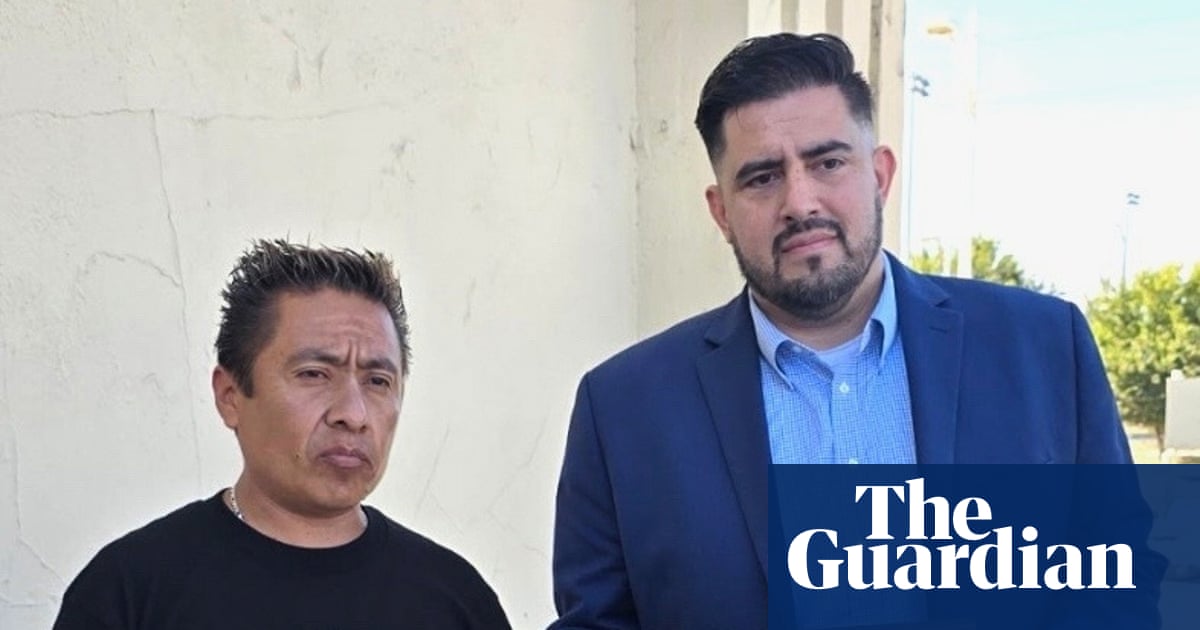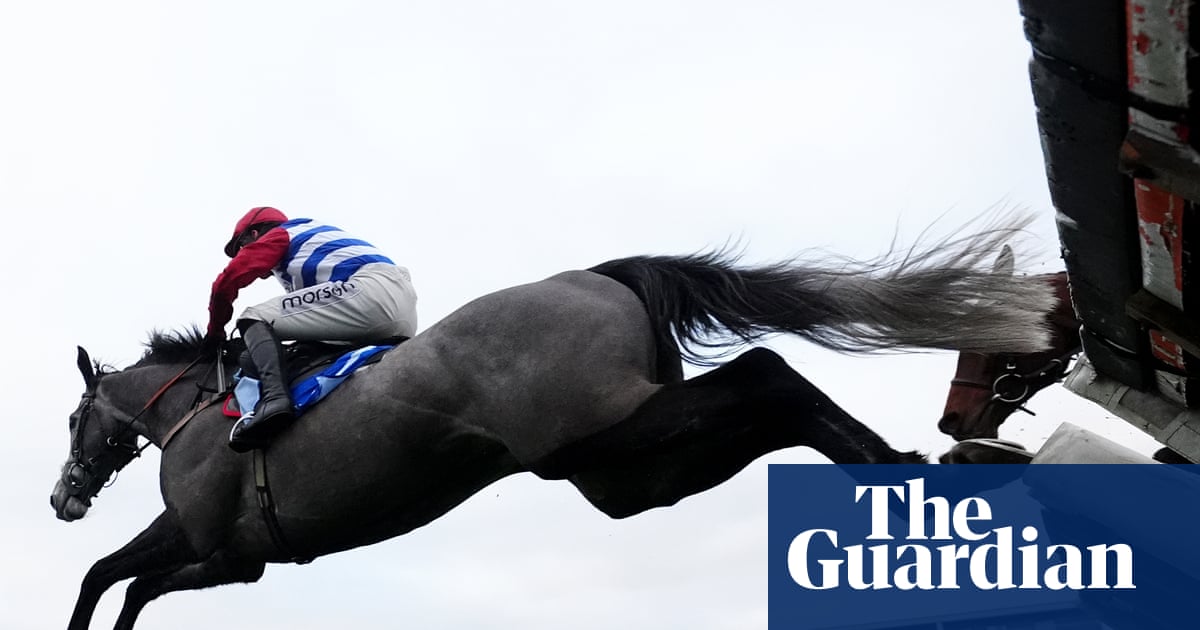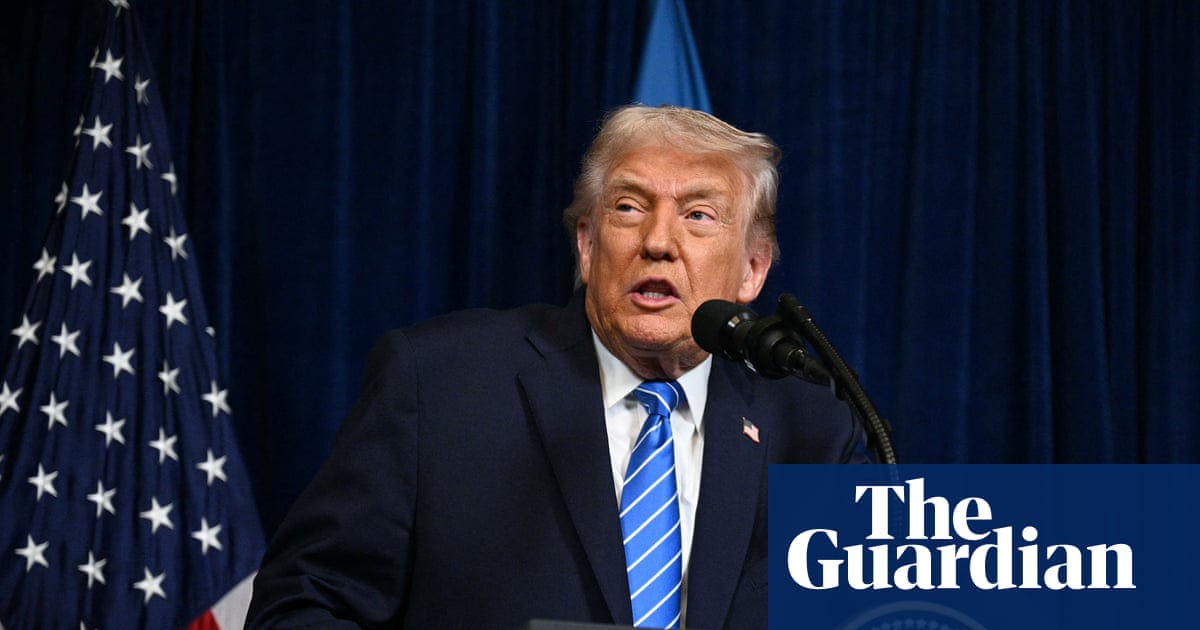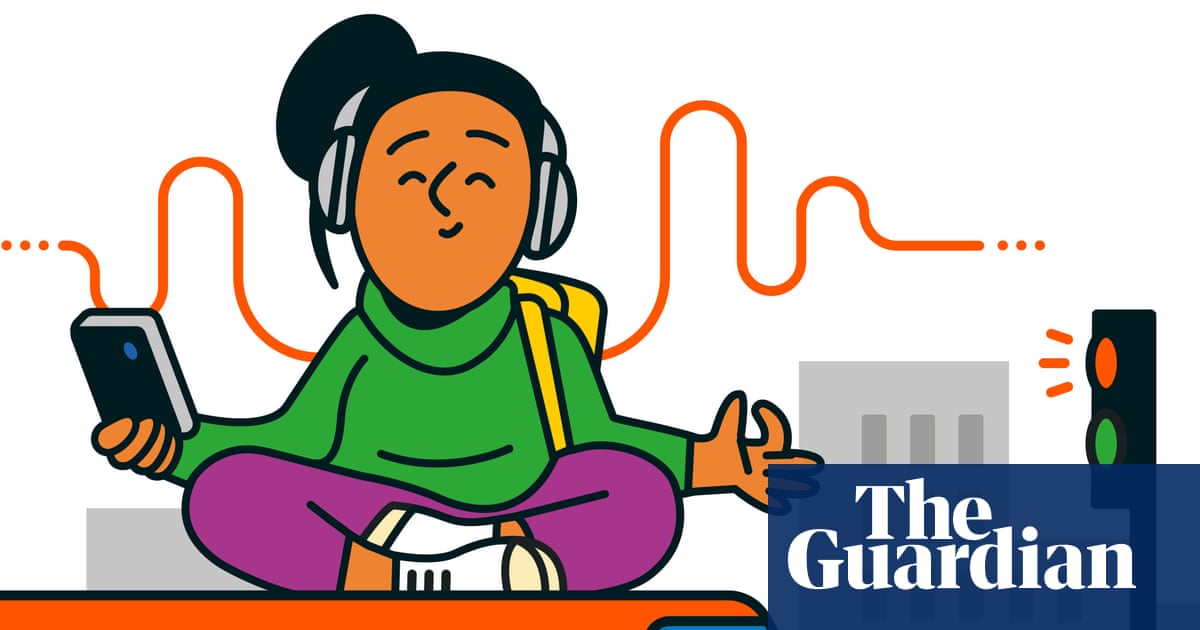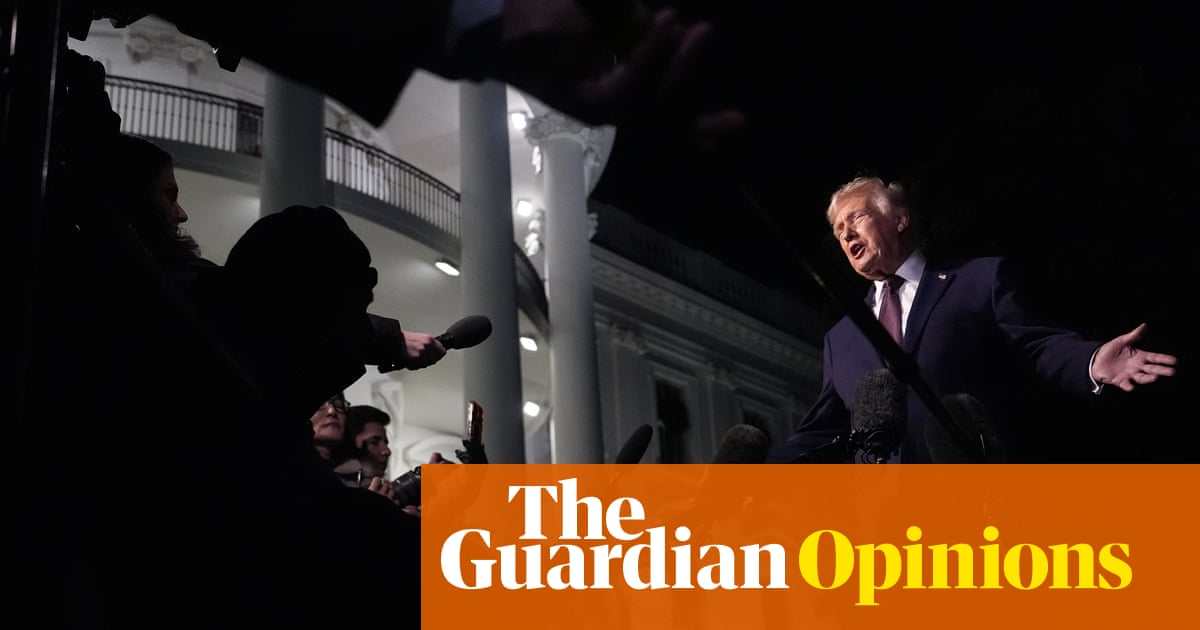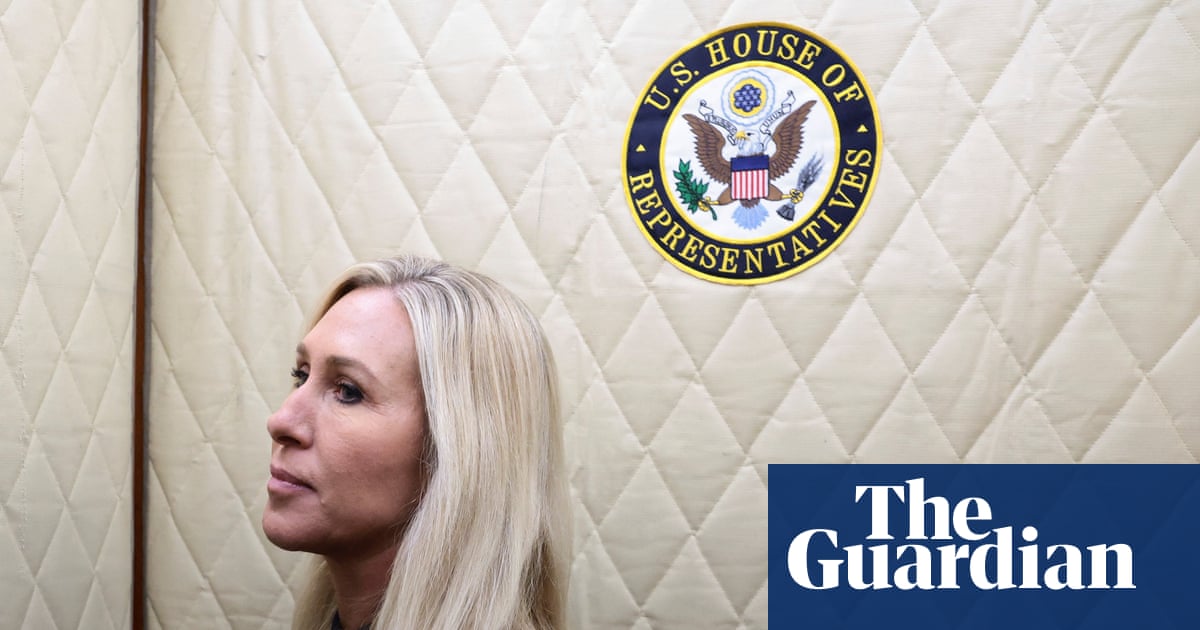Ministers are a step closer to abandoning the two-child benefit cap after Downing Street’s preferred candidate to be Labour’s deputy leader said the policy was “spiteful” and had “punished and pushed children into hardship”.
Bridget Phillipson said the cap’s abolition was “on the table” – the clearest sign yet that Downing Street is preparing to scrap the controversial policy.
The education secretary added that if she won the deputy leadership contest she would have a mandate to make tackling child poverty the “unbreakable moral mission” of this government.
Keir Starmer has previously signalled his desire to scrap the limit, which prevents parents from claiming child tax credit or universal credit for more than two children, when economic conditions allow. Child poverty campaigners expect the government to examine the policy as part of the budget on 26 November.
Phillipson said the issue was “profoundly personal” to her because she knew “the sting of growing up in poverty” in Tyne and Wear, where her mother’s home had problems with damp and no heating upstairs.
One winter, a neighbour who saw her playing outside in a jumper pushed an envelope with money through the letterbox. It said: “For Bridget’s coat.”
“Lifting more children out of poverty is why I came into politics,” Phillipson said. “I’m thinking every day about how to turn the tide on child poverty. Everything is on the table, including removing the two-child limit.
“I want the mandate to go further. The mandate, as deputy leader, to make tackling child poverty the unbreakable moral mission of this Labour government.”
She added: “We should never forget that it was the Conservatives who introduced the two-child cap, a spiteful attack on children who were punished and pushed into hardship through no fault of their own. I have said time and again that a Labour government would never have implemented it.”
The cap affected 1.7 million children in England, Wales and Scotland last year, according to government figures, and scrapping it would cost about £3.5bn a year.
Phillipson is a co-chair of the government’s child poverty taskforce, which is working on a child poverty strategy due to be published this autumn which is expected to make a recommendation on the future of the cap. Her intervention is her strongest public signal yet that she supports a change.
Gordon Brown, who has called the two-child limit “cruel”, argued last month that higher taxes on the gambling industry should be introduced this autumn and the revenue used to scrap it.
Asked about Brown’s recommendation, Rachel Reeves signalled that she was open to it. “We’re a Labour government. Of course we care about child poverty,” the chancellor said in August. “That’s why one of the first things we did as a government was to set up a child poverty taskforce that will be reporting in the autumn and respond to it.” She added that the government was reviewing gambling taxes and would announce any changes in the autumn.
Ruth Curtice, who was the Treasury’s director of fiscal policy before becoming chief executive of the Resolution Foundation this year, has also called for the two-child limit to be lifted. She said this week lifting the cap was “rare example in public policy of an extremely well-targeted measure. On our projections, child poverty reaches record highs by the end of this parliament.”
Phillipson’s campaign has secured the backing of five of England’s metro mayors: Richard Parker of the West Midlands, Oliver Coppard of South Yorkshire, David Skaith of York and North Yorkshire, Kim McGuinness in the north-east of England and Claire Ward in the East Midlands.
Phillipson also received the endorsement of the National Union of Mineworkers on Friday, and already has the support of the Usdaw and Community unions.
Lucy Powell, Phillipson’s rival in the deputy leadership contest, said ministers should clearly endorse scrapping the cap in principle. Powell said it was the “single biggest policy we could do to address child poverty”.
The fact that both Phillipson and Powell have signalled tougher positions on the issue means that whoever wins the contest will be pressing for a change, piling pressure on the government to act.
Dan Paskins, the director of UK impact at Save the Children UK, which campaigns for the removal of the two-child limit, said: “This is a significant and welcome change of tone from the co-chair of the government’s child poverty taskforce.
“It provides us with hope that the government will see that removing the two-child limit is the single most effective way of bringing down child poverty and needs to be an urgent priority. It is heartening to see both candidates for the deputy leadership speaking about the two-child limit, and about their commitment to reduce child poverty.”
Phillipson emerged as the frontrunner in the parliamentary stage of the contest, receiving 175 nominations from MPs. Powell had 117 MPs’ nominations.
A Survation poll for the LabourList website this week suggested Powell was ahead with the grassroots, with 47% of members backing her and 30% backing Phillipson. The other 23% were undecided. Phillipson topped the same poll earlier in the contest.
The candidates must now secure the endorsements of constituency parties and affiliates before ballots are issued to members. A hustings will take place at the Labour party conference this month, with ballots opening on Wednesday 8 October and closing on Thursday 23 October. The result will be announced on 25 October.

 3 months ago
45
3 months ago
45

